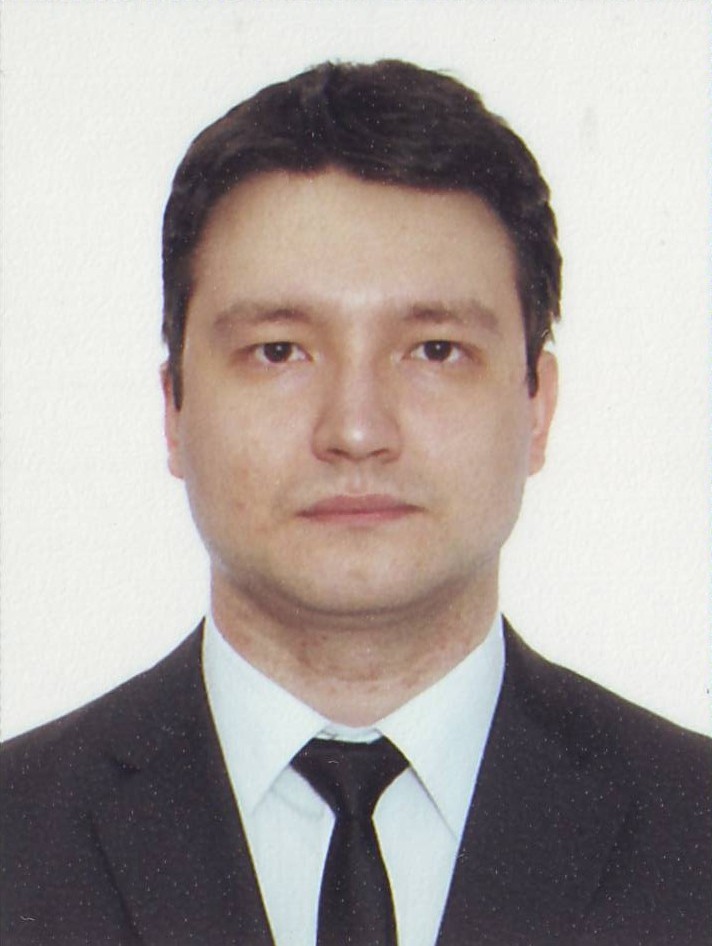The article reveals the current situation around religious courts, arbitrations and mediation institutions in the states of North America, analyzes their structure, main functions and activities. Catholic and Orthodox church courts, courts and mediation institutions in Protestant churches and denominations, rabbinical and Sharia courts, conflict resolution bodies of Buddhists, Hindus, Mormons, Scientologists are active in the United States. Generally, US authorities do not interfere in their activities if there are no violations of the rights and freedoms of citizens, but sometimes at the state level (Arizona, Wyoming, Indiana, Oklahoma, Tennessee, Texas) the use of religious norms in arbitration courts is prohibited. A similar situation has occurred in Canada, where official religious courts operate legally, but in the provinces of Ontario and Quebec the activity of religious courts in the field of family relations was limited (in many respects due to fears of the formation of a parallel “Sharia justice”) The opinions of North American researchers on this issue are divided: some consider the activities of religious courts as a violation of the principle of secularism and think it necessary to ban their activities, others regard them as the realization of religious freedoms and advocate their preservation in the legislative framework. As a result, the discussion comes down to determining the place of religion in a secular state and protecting human rights. The situation around religious courts raises the problem of combining individual and collective rights to freedom of religion. The optimal solution seems to be the preservation of religious courts within the framework of religious associations while constraining their activities by secular laws based on the priority of human rights.
Keywords: state-confessional relations, secular state, religious associations, religious court, religious arbitration, religious mediation, the USA, Canada
DOI: 10.22250/2072-8662.2020.3.88-96
About the author
 |
Ilshat A. Mukhametzaripov – PhD (History), Deputy Director for Science, The Center of Islamic Studies of Tatarstan Academy of Sciences; |






